Last month, we received some welcome news in the lead-up to National Coffee Day: The Food and Drug Administration (FDA) is considering officially recognizing coffee as a “healthy” food. Highlighting the health benefits of coffee has inspired Purity Coffee® from our earliest days and we're thrilled that the FDA is moving toward this historic and important position. For anyone looking to align with this shift, choosing organic ground coffee is one of the most reliable ways to ensure both quality and health benefits.
We would like to reiterate that our core focus is related to this milestone. Healthy coffee is even healthier for you than the generic term “coffee” encompasses. What if every decision in the development of a coffee was made based on health right down to selecting decaf organic coffee beans for those who prefer to avoid caffeine? What would that look like? Below, we have shown what we believe that looks like.
From the growing conditions of the coffee to its processing and warehousing; from the way it was roasted, packaged and delivered safely to the consumer—what if each step were analyzed to make the healthiest choices for the product? With something we do every single day, why not try to maximize the already-existing health benefits that coffee provides? Most coffee is evaluated and selected through the lens of either cost or flavor. By choosing an organic coffee subscription, we use the unconventional lens of health, which means we make different decisions.
Any agricultural product has its highest quality version in comparison to its low quality, rotting or going stale version, and coffee is no different. What makes a fruit, vegetable, seed, nut, grain or bean taste and make you feel great, compared to one that makes you feel unwell? Over the past several years, we have been actively studying this when it comes to coffee and here are our main takeaways:
Certified Organic PLUS Speciality Grade: Both Essential
Why Certified Organic?
There is an abundance of evidence that coffee producers use a variety of pesticides and herbicides that are detrimental to the environment and the human health of farm workers and communities within the watershed and local ecosystem. We believe those chemicals do not add any health benefits for the consumer.
Reviewing the available information on pesticides in coffee, there is enough uncertainty on this topic for us to care deeply about chemicals being used in the production of their coffee. The US government does not have maximum residue limits (MRLs) for all the pesticides used on coffee and this leaves consumers unprotected unless they choose to purchase organic coffee. Selecting pesticide free coffee adds assurance that each cup supports both wellness and sustainability.
We don’t want to take any chances with your health. We choose to confirm through third party verification (i.e. USDA Certification, audited annually) that the coffee was farmed according to published organic standards and then, throughout the rest of the chain of custody, it was handled to maintain the integrity of its “organic-ness”. Maintaining these standards goes hand in hand with offering options like low caffeince coffee, while also ensuring high levels of beneficial like cga coffee are preserved in the final product. selecting acrylamide free coffee can also provide added reassurance of safety alongside quality.
Here are the main official organic seals:


The Bird-Friendly certification ensures that coffee farms provide optimal forest habitat for birds, maintain a minimum tree canopy that includes numbers of different indigenous species of trees of varying heights, and apply broader environmental and community requirements. The shade cover not only provides habitat for birds and other species but also produces denser coffee that is usually of higher quality. We believe this certification covers not only sustainability standards but also social welfare and equitable compensation ethics. This is the only certification that is 3rd party audited as “Shade Grown”. If you see other symbols (trees, birds, etc.) with the words “Shade Grown”, be aware that they are not verified by any organization with published and audited standards.
Why "specialty grade"?
Coffee varies in quality from very low grade to high scoring specialty grade. Although “certified organic” is Purity’s starting point, it must be combined with “specialty grade”, because not all organic coffees are equal in quality and healthiness. In other words, you can have an organic coffee that is unhealthy because it’s not of the highest standard and has multiple primary defects. One of the primary defects is “fungus”, which can potentially contaminate the coffee with mycotoxins.
Research has shown that the presence of contaminants, including mycotoxins and biogenic amines—like histamine—is much more abundant in lower quality coffee. A rough estimate of total specialty coffee production is around 25% of the world’s total coffee production. This means about 75% of the coffee roasted is below specialty, descending to the lowest grades that contain large amounts of defective beans.

Independent Lab Testing for Mycotoxins
Mycotoxins are toxic compounds produced by certain fungi that contaminate various food products, not just coffee-- they are widespread throughout the entire food chain, posing potential health risks. The only way to be sure that levels are minimal or non-existent is to have a laboratory test for them. These tests are not expensive, and we should all demand that our coffee (and other foods!) be tested. Some mycotoxin levels might be reduced in the roasting process, but this also will reduce the nutrient and antioxidant compounds (chlorogenic acids, trigonelline, etc.) There is no certification for mycotoxin testing, but instead the independent laboratories provide Certificates of Analysis (CoA) that we publish on our website.

3rd party laboratories in the USA that Purity Coffee® uses
Once “Certified Organic + Specialty Grade” has been met, what are the next things to look for if you are buying coffee to improve your health?
The health benefits of coffee do not actually come from avoiding negative compounds (of course, we should do this basic vetting). The benefits come from coffee’s naturally occurring nutrients and antioxidants. We seek to maximize these through sourcing and roasting. Just as we suggest organic and specialty quality coffees for you, we also suggest these levels of compounds as good starting points for “healthy”. That’s why our standards extend to producing clean acrylamide coffee that protects both flavor and wellness.
What makes coffee healthy? High Antioxidant Potential
Chlorogenic Acids and Trigonelline
Chlorogenic acids (CGA) and trigonelline are the main compounds in coffee that make it a potentially healthy choice, primarily due to their antioxidant activity potential. We mention “potential” because individuals absorb and metabolize CGA at different rates and amounts. CGA has the potential to reduce inflammation and blood pressure and improve glucose metabolism. Trigonelline may improve blood sugar control and offer neuroprotective effects.

Before purchasing, green coffees are tested for CGA at the University of Brazil, Rio de Janeiro
Before we buy a farm’s coffee, we test the green coffee for levels of CGA and trigonelline. The number we are looking for at minimum is 1 gram of trigonelline per 100 gram of green sample and minimum of 3 grams per 100 gram of total CGA—most are higher and up to 5g/100g.
The Roasting Curve: Not too light, not too dark
Roasting degrades CGA and trigonelline, but at the same time, if the coffee is too lightly roasted, it can taste sour. Look for a light-medium to medium-dark roasted coffee, depending on your preference. Most medium roasted coffees lose about 1/3 of CGA and trigonelline during roasting. Purity FLOW has approximately 2.1 grams of CGA in 100 grams of roasted, ground coffee before brewing. When we brewed a Purity sachet (Pocket Purity) of FLOW according to our instructions on the box, the results showed 113 mg of total CGA and 52 mg of trigonelline available. These are numbers for which we have improved over time as we have upgraded our processes: The first version of Purity Coffee back in 2016 only had 82mg of CGA, highlighting our commitment to producing antioxidant-rich coffee and maintaining the highest standards found in specialty organic cold brew coffee.
It is important to note that Purity currently only uses arabica coffee, even though robusta is shown to have high CGA levels. We have yet to find a certified organic specialty-grade robusta that meets our other standards, but we are still looking!
Two things that we feel won’t help in your selection of healthy coffee, though, are Non-GMO and Low Acid.
Non-GMO: The USDA Certified Organic label covers GMO, which is strictly forbidden for organic, so there is no need for any additional labels. There are MANY “non-GMO” labels out there, but most are made up by the companies that sell the products themselves, do not have published standards and are not 3rd party audited. However, there is little to no GMO coffee produced anyway, so it’s highly unlikely to be in your morning cup.

Low Acid: We don’t deny that coffee can upset some people’s stomachs, but we question whether it’s actually the acidity level. With conventional coffees, the contaminants alone could be the culprit. Please see our previous article about this.
Our work at Purity Coffee® is to find and roast the coffees in ways that meet our high standards: Certified Organic, Smithsonian Bird Friendly, Specialty Grade, lab tested for mycotoxins and heavy metals, roasted to maintain as much antioxidant potential as possible... coffees with these standards make up less than ½% of all coffee produced worldwide. Options such as best flow coffee reflect this commitment, offering both exceptional taste and health benefits.
On National Coffee Day, we want to wish you a joyful, delicious cup of Purity Coffee®. We look forward to all the possibilities that the 2023-24 crop year has to offer us all!
5 comments


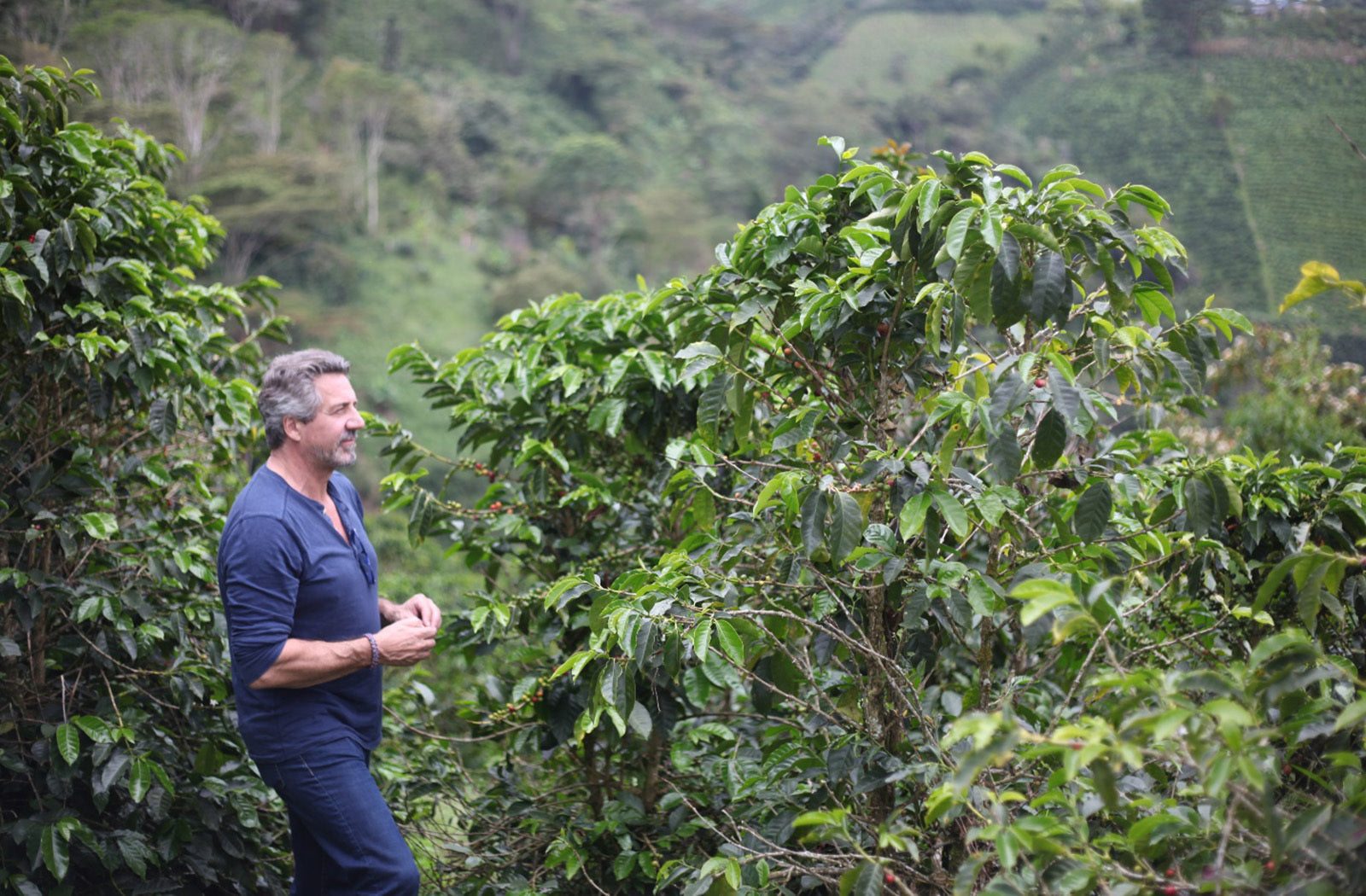

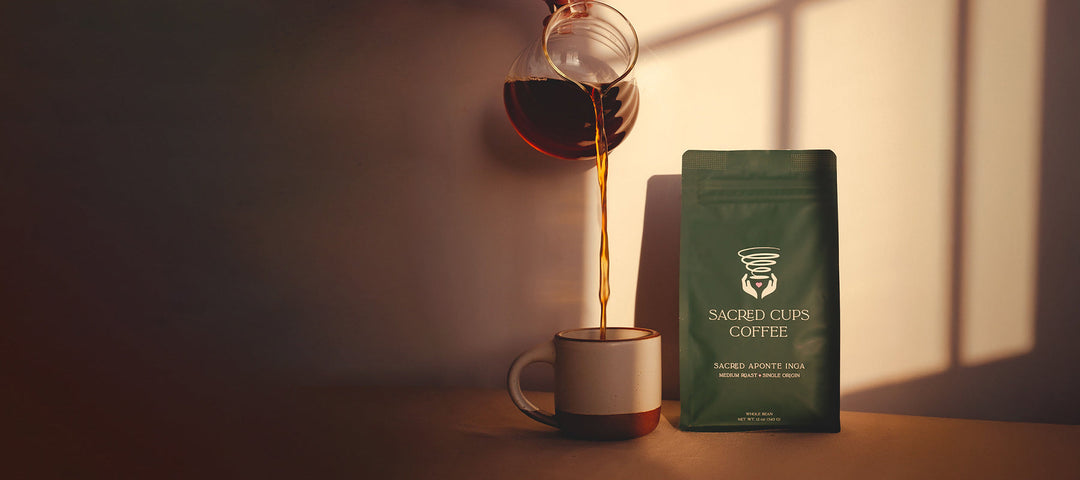
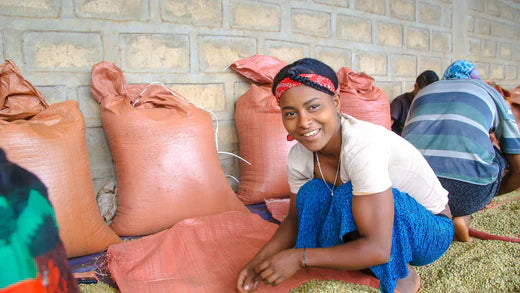
Do you have a phone number?
———
Purity Coffee replied:
Yes! We’re available Monday–Friday, 9 a.m.–5 p.m. EST. If we aren’t able to answer your call, please leave a voicemail, and we’ll return your call as quickly as possible. 1 844 787 4892 <18447874892>
I have been getting a lot of compliments after my house guests taste your coffee. I’ve been passing on your website. Because you have such informative research information and educational blogs on coffee this backs up the value of the recommendations I make to my family and friends. Thank you for all the reliable education you provide.
———
Purity Coffee:
Thank you for your kind words and for sharing our website with others! We’re delighted to hear our coffee and educational content are making an impact. Your support is greatly appreciated, and we’re here for any further coffee conversations. Cheers to great coffee and great friends!
I am a new customer. I have placed my first order because of all the information provided to describe this healthy cup of coffee. And in addition to all the care that goes into choosing, harvesting, roasting, certifications and packaging, it came highly recommended by Dr Ben Edwards.
with much appreciation for your work and devotion,
Leilani
———
Purity Coffee replied:
Welcome to the family, Leilani! We’re honored to have you and deeply appreciate your kind words and recognition of our work. Enjoy your first order, and here’s to many more healthy, delicious cups of coffee!
Just LOVE learning. I and others so appreciate the time and love you give to us thru your teaching.
———
Purity Coffee replied:
Your appreciation warms our hearts! 💖 Thank you for valuing our teachings. We’re thrilled to continue learning and exploring together!
Coffee begins my day. Occasionally the Purity “Calm” ends my day. Late afternoon “Refresh” picks me up! Love, love, love my Purity💗
———
Purity Coffee replied:
We’re thrilled Purity is your choice from morning to night! Thanks for the love and here’s to more great coffee moments.
Leave a comment